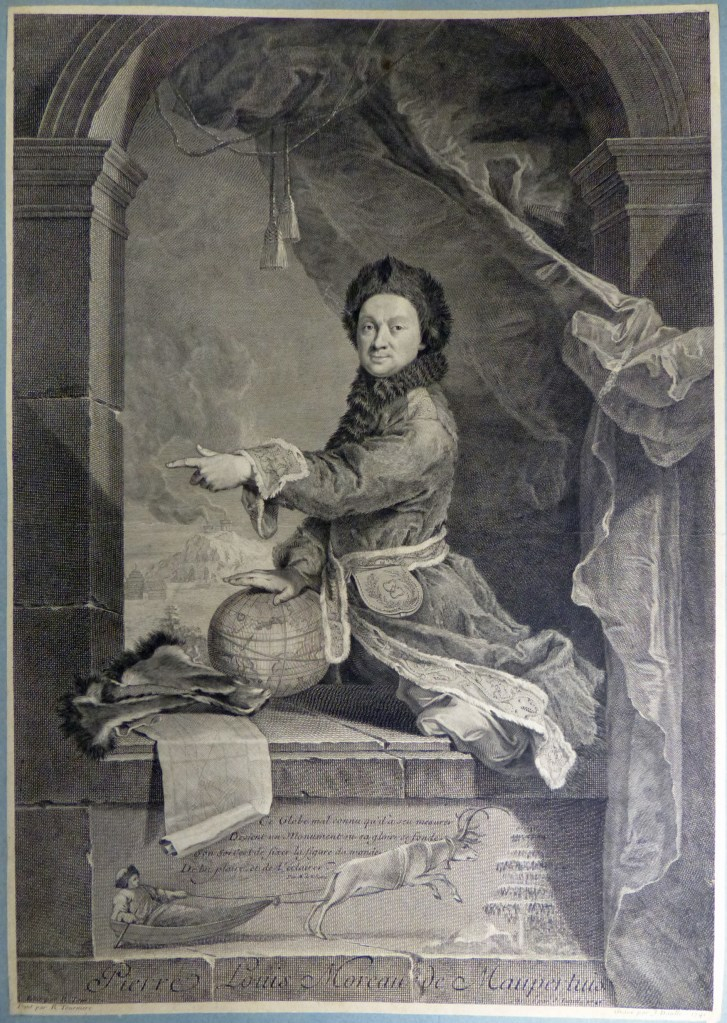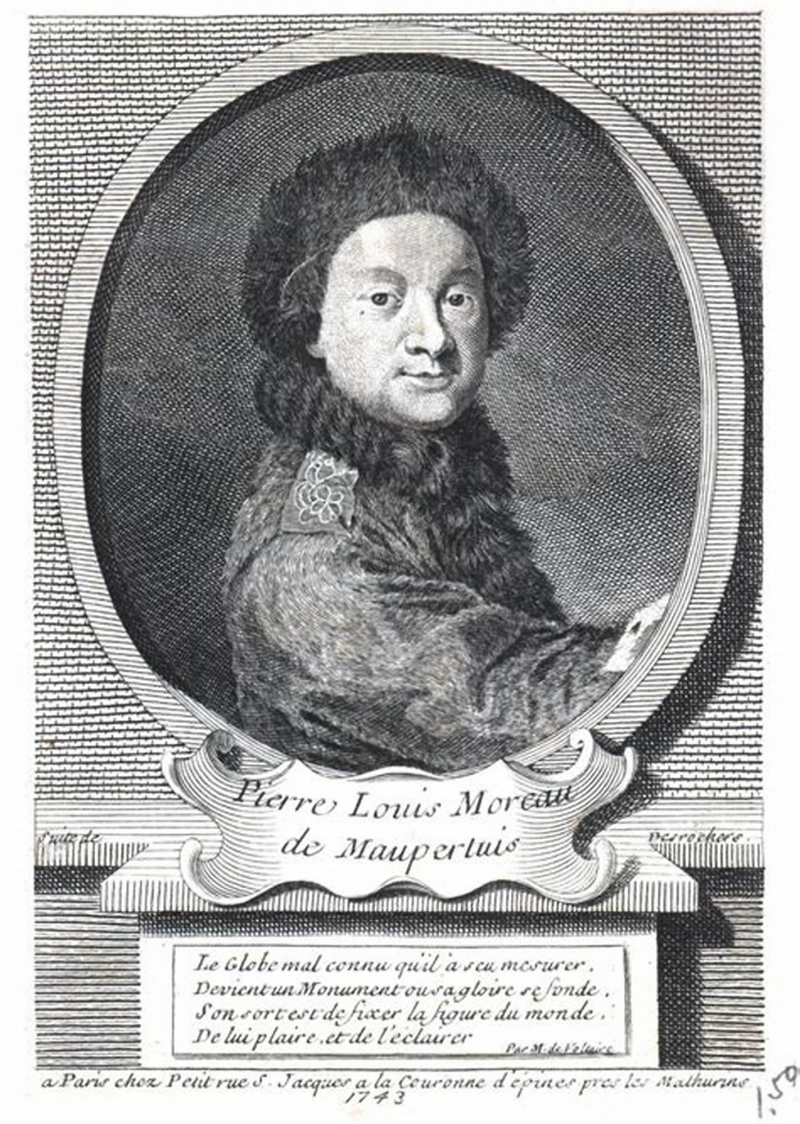Pierre Louis Moreau De Maupertuis
Counting all of Pierre Louis Moreau De Maupertuis' accomplishments would likely keep us here for some time. Maupertuis, a remarkable mathematician, biologist, geneticist, philosopher, and physicist, was born in France in 1759. He was a strong supporter of Newtonian physics and was invited to move to Berlin by King Frederick II as a result of his discovery that the Earth is actually an oblate spheroid rather than a sphere. He also made significant contributions to the domains of genetics and evolution.
The "principle of least action," however, was his greatest contribution to science. Simply expressed, it is the idea that any system, such a car driving from point A to point B, will utilize the least amount of energy possible given a fixed length of time. Although most of us may not understand it very well, the idea is now a crucial component of many important fields of study, including theoretical mathematics, quantum mechanics, fluid mechanics, and particle physics.
Unfortunately for Maupertuis, Voltaire, who was at the time one of the most prominent persons in Berlin, was also the principle's loudest critic. According to some reports, Maupertuis was compelled to leave Berlin in 1753 as a result of his harsh, frequently public criticism of the concept, which is now considered one of the cornerstones of physics.
Born: 1698Saint-Malo, France
Died; 27 July 1759 (aged 60)Basel, Switzerland
Known for: Principle of least action, precursor of transmutation












